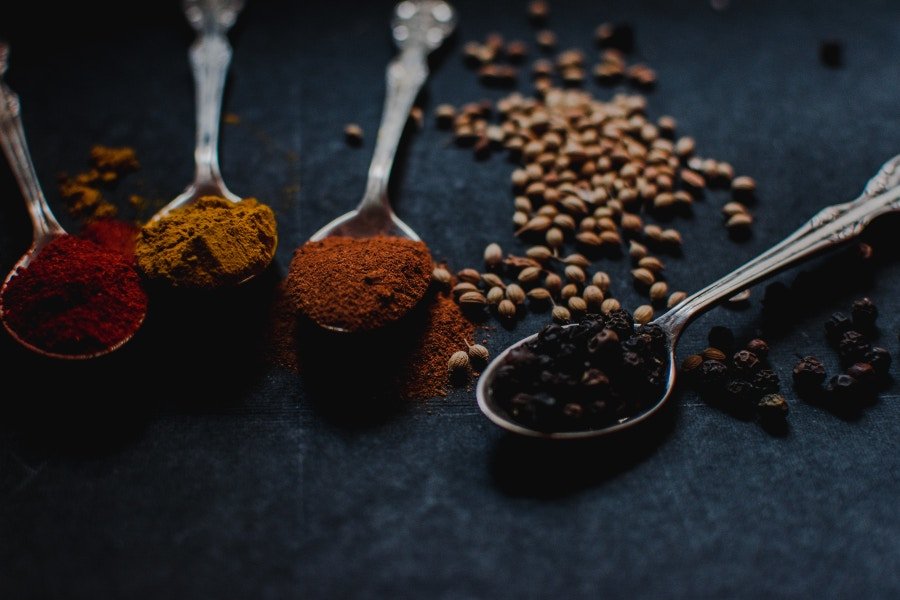What is your ayurvedic body type?

Ayurveda means the science of life (Ayur=life, Veda=science). Developed in India, it is one of the oldest documented health care systems focussed on maintaining a physically and emotionally balanced state through food and lifestyle routines.
Ayurvedic philosophy indicates that everything in the universe is made up of 5 elements; fire, air, water, earth and space. Air represents all that is gaseous, earth represents matter that is solid, all liquids are represented by water, fire represents any matter that can transform. Space represents the element in which the other 4 exist.
Doshas are the energies that make up every individual, combining and balancing the characteristics of the two elements it influences (Pitta balances fire and water, Vata manages the relationship between air and space while Kapha brings water and earth together).
Pitta is the energy that controls the body's metabolic systems, including digestion, absorption, nutrition, and your body's temperature. Vata is the energy that controls bodily functions associated with movement, including blood circulation, breathing, blinking, and your heartbeat. Kapha is the energy that controls growth in the body. It supplies water to all body parts, moisturizes the skin, and maintains the immune system.
Each person has all three Doshas, but usually one or two dominate. Various Dosha proportions determine one's physiological and personality traits, as well as general likes and dislikes. There are various online tests you can take to determine your Dosha – one we like is Dosha Test
Once you’ve found out your body type, you should try to follow the diet and lifestyle routine that fits your mind/body constitution.
It is important for Pittas to keep cool and avoid overworking and overheating. Consume foods that are cooling, calming, heavy and dry. Avoid foods that are salty, sour, pungent, spicy, and fried.
It is important for Vatas to go to bed early and have lots of rest. Consume warm, cooked foods that are grounding, easy to digest and moist e.g. nourishing soups, casseroles and dahls. Avoid foods that are light, dry, crunchy, cold, raw, hard to digest or are gas producing.
It is important for Kaphas to be active on a daily basis as they are prone to sluggishness. Consume foods that are light, dry, warm, and spicy. Avoid heavy, oily, cold, sweet foods e.g. ice cream and fried food.
What’s your body type? Share this artile and let us know.